A decade ago, few could have predicted the rate of growth in India’s renewable energy sector. Driven by aggressive government goals, declining technological costs, and growing investor interest, solar power has become a leader among its various subsectors. In the engineering, procurement, and construction (EPC) segment, particularly in solar projects, a subtle but significant change is taking place behind the scenes. Previously regarded as specialist companies, boutique EPC firms are now drawing interest from institutional investors as well as project developers.
The rise of boutique solar EPC firms
Large infrastructure firms used to control the solar EPC business in India. They were the go-to option for utility-scale projects due to their size, reputation, and financial strength. But in recent years, the mechanics of delivering solar projects have evolved:
- Flexibility is more significant than sheer size when execution deadlines are accelerated.
- Optimizing panel layouts, inverters, and grid integration for various climates and terrains requires specialized technical expertise.
- Smaller, more nimble teams that can work fast are frequently needed for modular and dispersed solar projects, such as rooftop or hybrid systems.
Boutique EPC companies are ideal for this approach. They prioritize efficiency, customization, and site-specific solutions, and they frequently outperform their larger counterparts in terms of cost-performance ratios.
Why institutional investors are taking notice
Growth potential and execution reliability are two factors that tend to attract institutional money, whether from private equity, infrastructure funds, or strategic investors. Both requirements are increasingly being met by boutique solar EPCs.
Scalability without excess overhead: Without significant fixed expenses, lean operations enable them to grow into new project kinds or geographic areas.
Technical edge: Skilled engineers who have completed challenging projects both domestically and outside are the founders of many boutique businesses. Their domain expertise lowers execution risk, which is important to investors.
Alignment with ESG Goals: Solar EPCs immediately support the capacity for renewable energy, which is in line with the increasingly popular global environmental, social, and governance (ESG) investment strategies.
Attractive margins in niche segments: While utility-scale projects are competitive, underserved markets like commercial rooftop installations, industrial captive solar plants, or solar-plus-storage systems are frequently where boutique businesses flourish.
Solar EPC’s new financing landscape
India’s renewable energy value chain has received large investor inflows in recent years. Although the majority of the initial investment was directed towards asset owners and project developers, it is generally acknowledged that the quality of EPC implementation has a direct impact on project returns. Even the most well-funded solar projects can have their economics undermined by delays, poor performance, or cost overruns.
Boutique EPCs are starting to be viewed by institutional investors as strategic investments, either to create vertically integrated platforms or to find trustworthy construction partners for their portfolio companies. In certain instances, investors give boutique businesses expansion capital so they can increase their capacity, make technological investments, and land bigger contracts without sacrificing their operational flexibility.
The road ahead for boutique solar EPCs
The EPC sector will remain an essential link in the value chain as long as India meets its aim of 500 GW of renewable energy by 2030, of which solar is a significant contributor. Boutique EPC companies have a lot of opportunities, but they also face many difficulties, such as managing competitive bidding conditions and working capital limitations.
Businesses will be well-positioned to prosper if they can continue to execute at a high level, use digital project management tools, and cultivate a solid rapport with lenders. The allure for institutional investors is obvious: by backing these nimble, specialized firms, they may achieve quantifiable climate impact in addition to financial gains.
It is not only a market trend, but also an indication of India’s developing renewable energy sector because the dominance of legacy EPC giants has given way to a more diverse ecosystem that includes agile boutique firms. Agility, innovation, and investor trust are becoming just as important in solar EPC as scale.
The views and opinions expressed in this article are the author’s own, and do not necessarily reflect those held by pv magazine.
This content is protected by copyright and may not be reused. If you want to cooperate with us and would like to reuse some of our content, please contact: editors@pv-magazine.com.

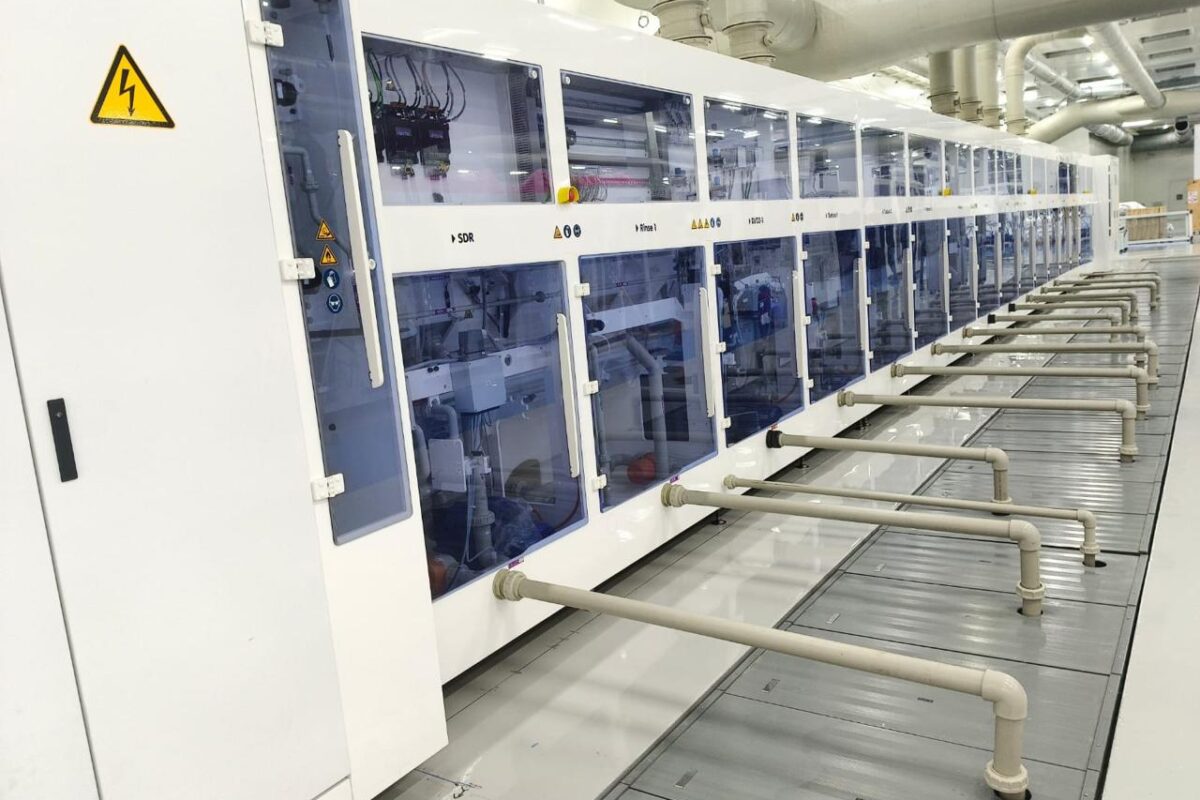


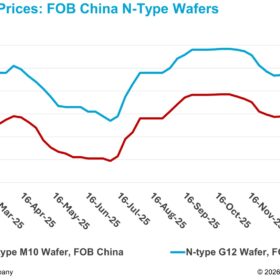
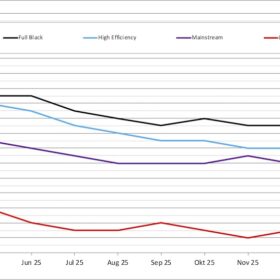
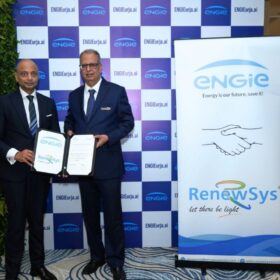
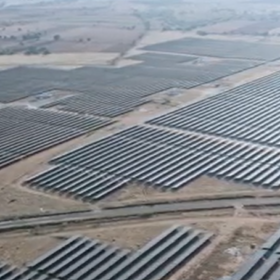
By submitting this form you agree to pv magazine using your data for the purposes of publishing your comment.
Your personal data will only be disclosed or otherwise transmitted to third parties for the purposes of spam filtering or if this is necessary for technical maintenance of the website. Any other transfer to third parties will not take place unless this is justified on the basis of applicable data protection regulations or if pv magazine is legally obliged to do so.
You may revoke this consent at any time with effect for the future, in which case your personal data will be deleted immediately. Otherwise, your data will be deleted if pv magazine has processed your request or the purpose of data storage is fulfilled.
Further information on data privacy can be found in our Data Protection Policy.